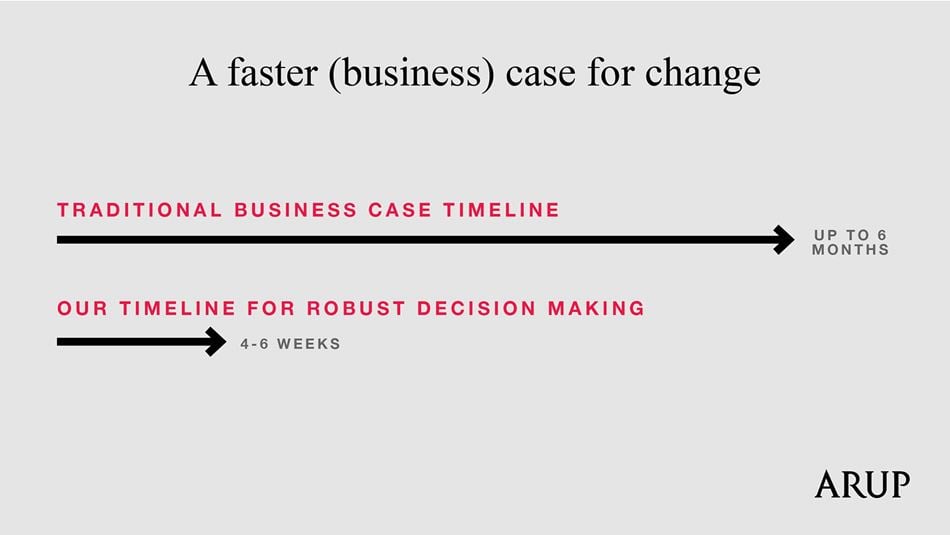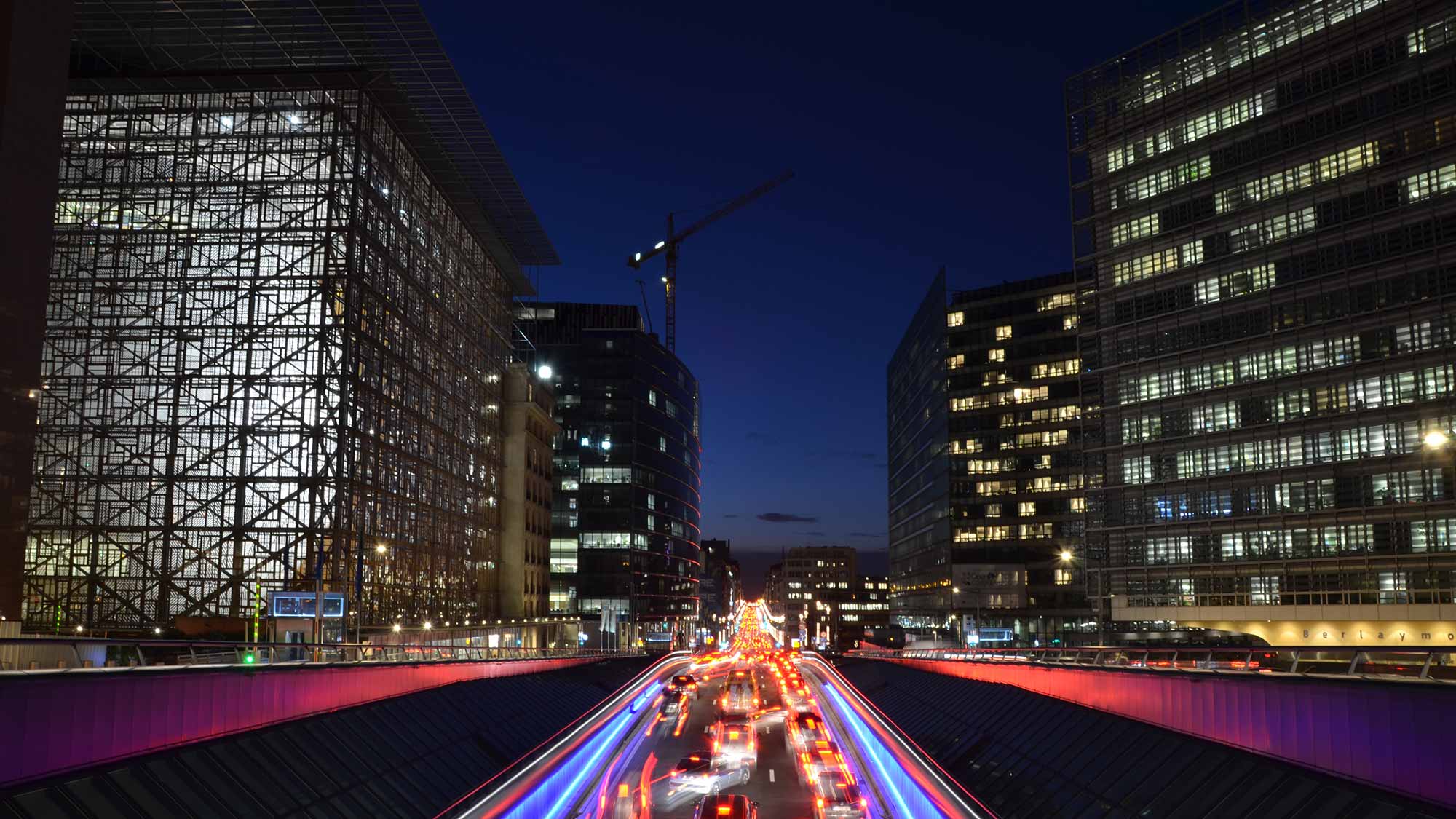The pandemic has offered everyone a chance to revisit and rethink their priorities. Many national governments are now enacting stimulus programmes, targeting infrastructure spending, keen to shore up demand and re-energise their economies. With big ambitions to ‘build back better’ (and greener), public sector organisations and authorities have a unique opportunity to decide which initiatives to progress, and turn infrastructure investments into local benefits at speed.
Spending (wisely) can be harder than it sounds. That’s why we have developed a new rapid decision making framework that can speed up the process of option selection, provide much needed transparency and deliver schemes that can deliver real community benefits.
Infrastructure investment makes sense now, more than ever, but a crisis and a pot of funding alone don’t necessarily clarify the decision about which projects to progress. In prioritising these initiatives, and responding to the post-Covid landscape of policy concerns (including disparate aims such as achieving net zero emissions, encouraging active modes of transport, ‘levelling up’ communities, and town centre regeneration) authorities do not have the luxury of time.
Instead of spending many months and hundreds of thousands of pounds building an outline business case (as was the norm before the pandemic), it’s time to be nimble, pick winners, and get started. Our new service provides a framework for response, one that authorities can map value to priorities and needs, sifting the essential ideas from the merely sound.

Turning investments into benefits
So, how should authorities pick the best projects for investment? We see three main requirements: deliver sustainable economic growth, harness the opportunities coming from the crisis, and deliver on other existing policy aims.
A good example is the call for a green recovery. It’s an aim shared with central government, so initiatives that accelerate the transition to net zero are bound to be high on the list of projects. But there are still questions within this broad aim. Should we transition the bus fleet to renewable energy, subsidise home loft insulations, or increase the number of electric vehicle charge points? Or attempt to pursue all three? The need for a guiding, sifting framework is clear.
Encouraging active travel
Similarly, active travel could be encouraged by more cycle lanes, but where should they go?
Or is the money better spent on marketing and awareness campaigns to increase the diversity, as well as the volume, of cycle users?
It’s important to gauge the benefits rigorously.
Longer term schemes that aim to ‘level up’ local economies, pose other questions. Should we pedestrianise a town centre, invest in training and skills, or build a zero-emission metro service? Decision-makers need a quick and thorough way to weigh complex, interconnected options in a rapid way that can persuade stakeholders and public support.
Choose, validate, initiate
Our approach might be quicker, but it still provides an effective validation process that can lead to sound investments, ones that produce quick returns. Our new methodology examines the authority’s existing objectives, comes up with a process, marks it, and picks the most favoured option. This means you can still move fast, gain public confidence, with a robust, auditable approach, at a lower fee.
A timeline for quick success
Before the Coronavirus, developing a business case might take up to a year. Our new approach gets this done in months, enabling authorities to participate in stimulus programmes more rapidly. The core decision making process can also be reduced, to under six weeks.

Seize the moment
Our message to local leaders is clear: don’t waste this opportunity to pivot in a better direction, and achieve something of lasting value in your community. It’s a time to be bold and take some inspiring decisions, backed by a solid and rapid, decision-making framework.
 ;
;



